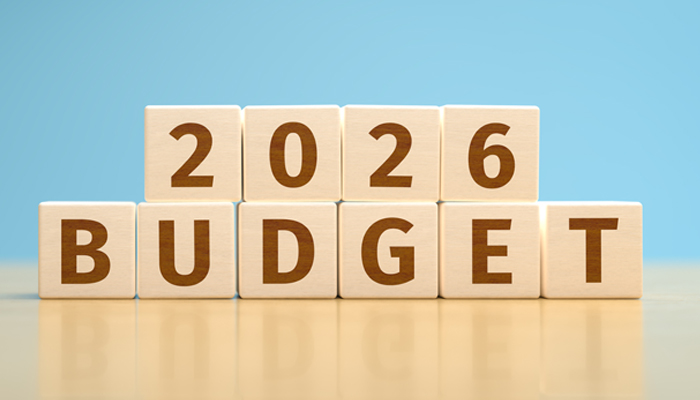
The Anti-Bucket List
As you imagine retirement and the latter part of life, it's natural to think of experiences you'd like to have that would carry great meaning. Maybe it's taking all the grandkids to Disney World, visiting the town where your immigrant great-grandparents were from, or even playing a round of golf at St. Andrews.
The popular term for these aspirations is your bucket list—things you hope to do before you kick the bucket.1 And because these are extraordinary experiences, it takes careful planning to make them happen.
The other side of the coin—the things you do not want to experience in retirement—are what advisor Mike Decker calls the anti-bucket list.2 Sadly, they're very common among retirees. And in a mirror-image of bucket list items, it's avoiding these things that takes careful planning.
Some of the items on his anti-bucket list have to do with finances:
- Working longer than necessary, staying at a job you'd rather not have.
- Carrying the burden of high interest debt, which is harder to pay off on a fixed income.
- Having unexpected medical expenses derail your retirement income program.
- Feeling you need to slash your household budget every time the stock market hits a decline.
Other items on Decker's anti-bucket list are more relational - things that make life difficult regardless of your net worth:
- Coping with loneliness, which can happen when your friendships are all through work.
- Feeling purposeless, which can happen when you no longer have the responsibilities of a career.
- Putting your financial wellbeing at risk by supporting capable children.
Unfortunately, these anti-bucket list experiences can be the norm for retirees. They're simply what tends to happen when you don't purposely plan to avoid them.
But the good news is that they are largely preventable if you take time now to consider how they might occur in your situation.
We’re here to help you save and invest for retirement, as well as plan how you can live comfortably without worrying that you're going to run out of money.
1. http://go.pardot.com/e/91522/blog-bucket-list-/95gd6b/2430881913/h/virsaXbYfzHRY5tVhiqXIN-8UUIjgcJ856egBxsEFTU
2. http://go.pardot.com/e/91522/list-experiences-you-dont-want/95gd6f/2430881913/h/virsaXbYfzHRY5tVhiqXIN-8UUIjgcJ856egBxsEFTU

Related articles

Saving money isn’t just about cutting back—it’s about thinking differently. In 2026, rising costs and evolving financial tools mean traditional advice like “cut back on Starbucks” isn’t enough....

Estate planning in 2026 is more critical than ever as rising exemption limits, evolving tax rules, and shifting family dynamics reshape wealth transfer strategies. With the federal estate and gift...

As we step into 2026, creating a solid budget is more important than ever. Economic trends, evolving consumer behaviors, and technological advancements are reshaping how we manage money. Whether...